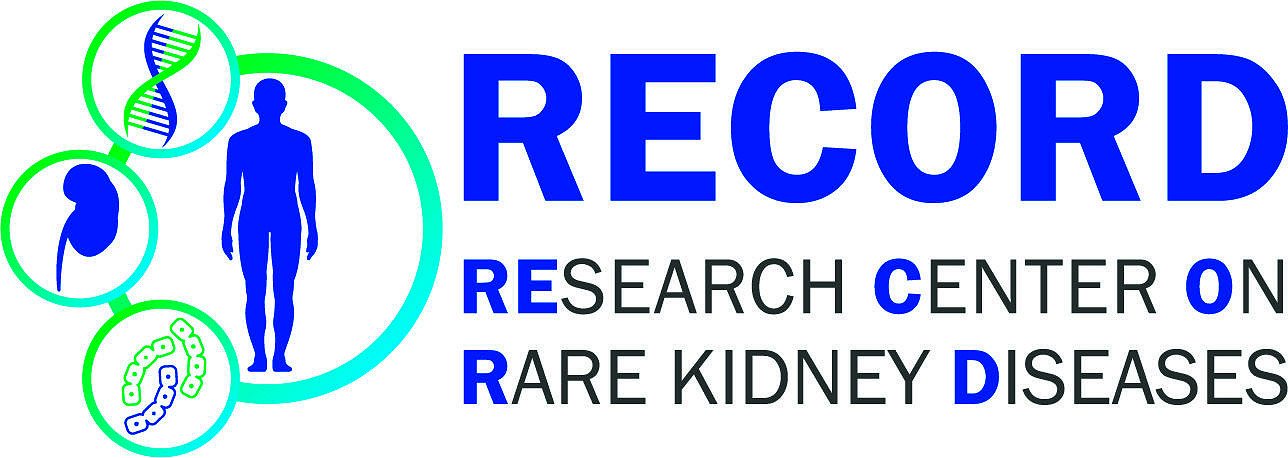 Establishment of an international registry for autosomal dominant tubulointerstitial kidney disease (ADTKD)
Establishment of an international registry for autosomal dominant tubulointerstitial kidney disease (ADTKD)
Wissenschaftliches Arbeitsprogramm (Abstract)
ADTKD is a tubulointerstitial kidney disease which leads to end-stage renal disease (ESRD) in mid adulthood. Germline mutations in at least five different genes cause the disease, which shows an almost complete penetrance. Thus, affected patients often show a positive family history for ESRD. The most frequent subforms are caused by mutations in either UMOD or MUC1, which are currently regarded as “toxic proteinopathies”. Numerous publications have shown that accumulation of the mutated proteins cause cellular damage, possibly as main mechanism of disease. Recently, therapeutical strategies for ADTKD have been reported, which lead to cellular clearance of the mutated protein (Dvela-Levitt et al., Cell 2019). Therefore, clinical studies are currently being prepared and prospected to start within the next 24 months. Since the disease is rare, a global effort will have to take place to include suitable patients. For this purpose, we have agreed to an international collaboration and to register our patients into a joint registry, led by A. Bleyer, Wake Forest School of Medicine, U.S.A. We have extended our consenting and received permission to do so from the local ethics committee.
Over the last 15 years, we have diagnosed and registered 45 families with ADTKD, of which more than 30 families belong to the subforms –UMOD or –MUC1 (the main focus of the planned study). In most families the index patient has been consented and a family pedigree has been documented. However, since the younger (adult) generations were neither genetically tested, nor unclear whether they are clinically affected, these individuals were not yet addressed. In terms of a clinical study, the affected adults between 25 – 40 years of age would be the primary participants. Dr. Dieterle will therefore re-contact each family, re-new the scientific consenting and update the pedigrees. The younger generation will now be directly addressed and a clinical genetic test will be offered, next to a standard nephrological workup (serum creatinine, urinary findings, ultrasound). Affected patients will then be consented and entered into the international registry (https://redcap.wakehealth.edu/redcap/). We hope to be able to efficiently recruit many patients for this important study by these efforts.
In order to expose Dr. Dieterle also to molecular biology, we plan to validate the genetic findings of two interesting patients from her clinic:
- transplanted female patient with strong recurrence of hyperphosphaturia after kidney transplantation and a previously undescribed XLH promotor variant (ACMG class 3).
- transplanted female patient with ESRD of unknown origin next to blindness due to retinitis pigmentosa. Since her deceased brother suffered from the same condition we suspected a ciliopathy in terms of Senior-Loken syndrome. Genome sequencing revealed a heterozygous frameshift variant (ACMG class 4), as well as a heterozygous deep intronic variant (ACMG class 3) in SDCCAG8, which is a known Senior-Loken candidate gene. The latter is predicted to lead to the loss of an exonic splice enhancer-site and was not detected in exome sequencing (as expected).
